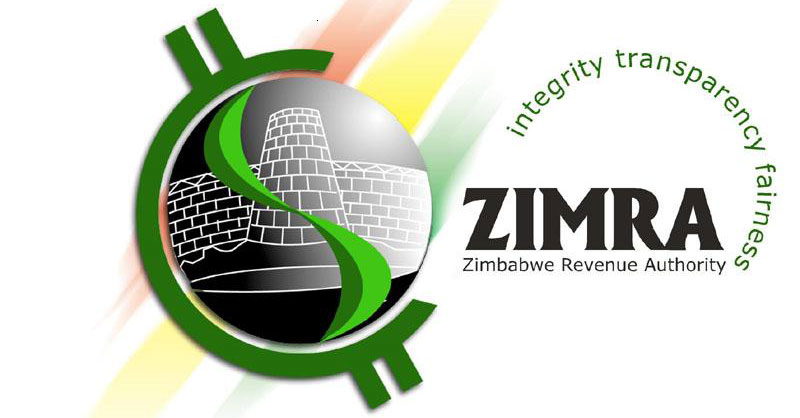
SHAME MAKOSHORI A SIGNIFICANT number of firms hiding in the informal sector to avoid paying taxes are bigger than formal companies that are complying with the law, Zimbabwe Revenue Authority (Zimra) acting commissioner general Regina Chinamasa said on Wednesday, as she vowed to crack on transgressors.

Chinamasa’s revelations mean the country had capacity to collect higher revenue levels than it is currently getting.
The Zimra boss did not disclose how much was being lost through these firms.
However, she said before coming up with tough enforcement measures, Zimra had already rolled out several programmes to enhance revenue collection.
She said despite problems stemming out of tax evasion, the authority had managed to beat targets in most years over the past 20 years.
Chinamasa, who spoke to journalists about the state of affairs at Zimra, said these firms were now the revenue collector’s ‘prime targets’ under a plan that will see the organisation widening its tax base.
“We are widening our tax base and the small to medium enterprises (SMEs) are our prime targets,” Chinamasa said.
“It has been noted that the majority of SMEs are not registered taxpayers and are not remitting anything to the fiscus yet their revenues at times surpass those of some companies in the formal economy,” she said.
- Chamisa under fire over US$120K donation
- Mavhunga puts DeMbare into Chibuku quarterfinals
- Pension funds bet on Cabora Bassa oilfields
- Councils defy govt fire tender directive
Keep Reading
“There is vast potential for SMEs to contribute to the fiscus and based on legislation changes made, we expect to see the sector beginning to grow and contribute to the fiscus.
“Various programmes are now underway
to educate this sector so that they become part of the taxpaying sectors,” Chinamasa added.
In the past decade, Zimbabwe’s economy has largely informalised.
Informalisation has been underpinned by formal firm closures, which have ended with millions of people unemployed.
The Zimbabwe National Chamber of Commerce estimates that about 5,7 million are in informal businesses, which are difficult to draft into the tax system.
The International Monetary Fund estimates that about 60% of Zimbabwe’s economy is now informal.
Chinamasa said the best way for the country to improve revenue collection was to encourage companies to voluntarily pay taxes.
The authority has been steadily improving its tax administration by increasing taxpayers outreach and raising the number of registered tax payers, providing better services and improving the use of risk management in conducting taxpayer audits.
“In the last 20 years, Zimra managed to surpass the revenue targets set by the government and missed only four times, being in 2001, 2009, 2014 and 2016,” Chinamasa said, noting that a major focus was also on eradicating corruption.
“Our integrity and anti-corruption stance is non – negotiable as we strive to sustain our standing as an upright and credible revenue administration.
Sadly, over the years, Zimra had to part ways with some of our members of staff whose behaviours were not consistent with our ethics and values,” she added











